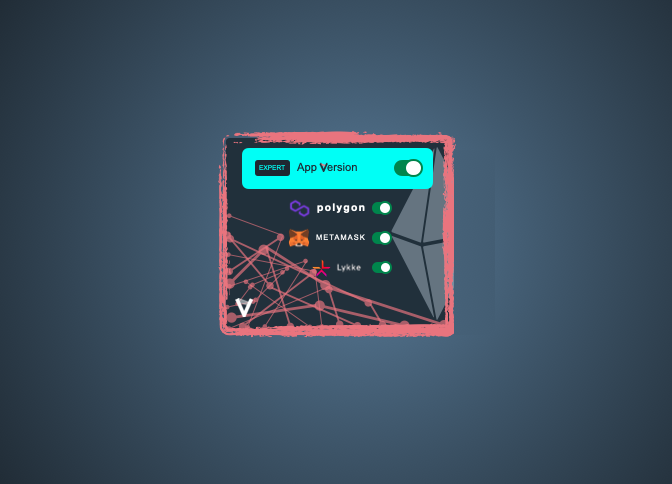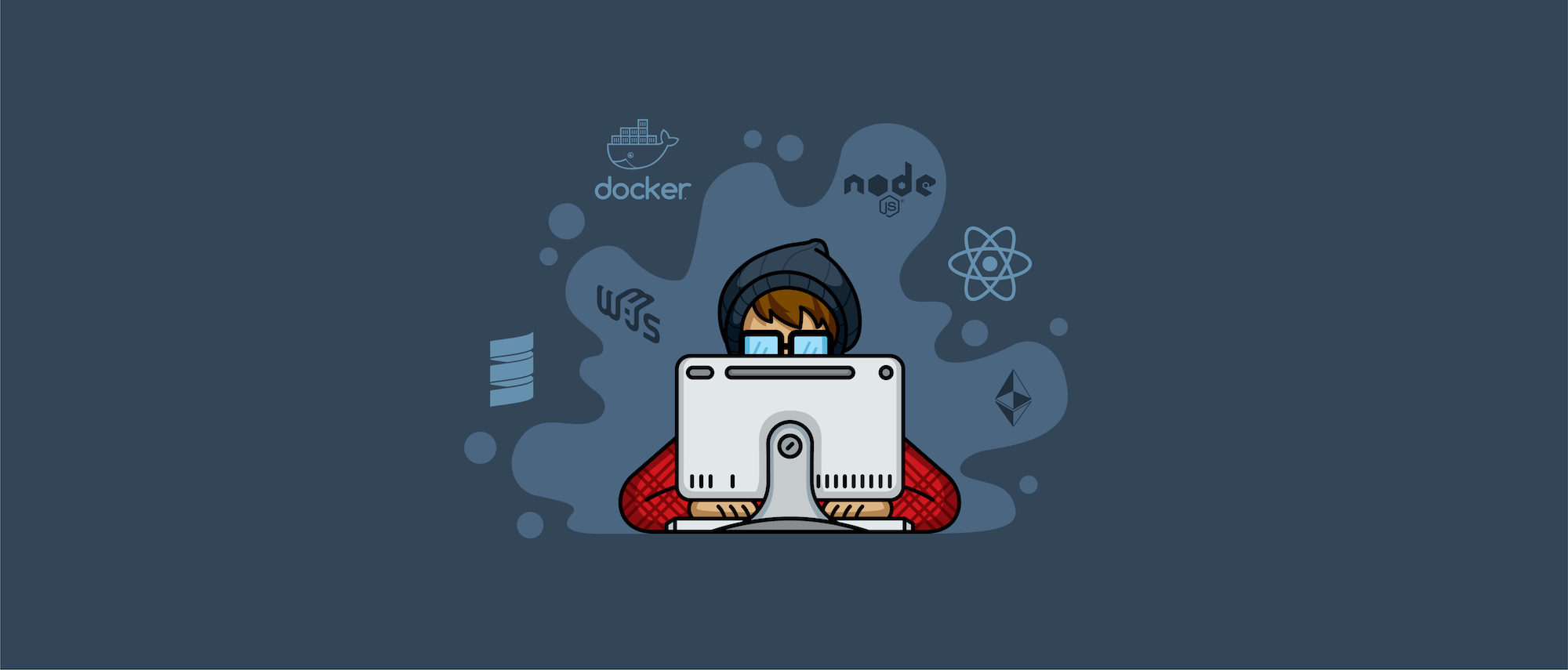The next interview featured our advisor Monique Morrow, Co-Founder of The Humanized Internet and ex-CTO at Cisco. The Humanized Internet focuses on building a world where every citizen has access to a persistent, secure and global digital identity. Monique has a deep interest in the applications of blockchain based digital identity to empower the 1.1 billion citizens lacking legal identity. She recently co-authored a UNHCR blogpost on the topic.
Dominique: Hello Monique, thank you very much for taking the time off for this interview. We have received several interesting questions from our telegram community. We look forward to your responses.
Monique: Thank you for organizing this Dominique. I’m excited to be here.
Dominique: Alright, so here’s our first question. Following an illustrious career at Cisco, what motivated you to launch the humanized internet?
Monique: Establishing this Swiss-based non-profit [finally] in February of last year had been an evolution from a shared interest specifically in blockchain and the notion of digital sovereignty for all when I was at Cisco. My co-founder, Mark Kovarski who is based in Toronto, Canada, a few other colleagues from Cisco and I had attended the launch of ID-2020 hosted at the United Nations in NYC, May 2016. I spoke about a friend and colleague, Akram, who is from Syria and now resides in Berlin. Akram knows the struggle and dignity lost when one is dependent on “papers” to attribute the provenance of your identity sets such as diplomas, birth certificates and so on. Akram is a member of the Humanized Internet team. One cannot have a dialogue about refugees and stateless individuals without involving these individuals directly else we become useless echo chambers of ourselves. Having met Akram and Mark, it was the right moment to take this opportunity to the next step by working full time on it — hence the Humanized Internet. Adapting from being in the private industry to a non-profit world has been enriching and a growth process for me personally. Cisco gave me a wonderful platform for over 16 years and it was time for me to further develop the Humanized Internet.
This journey has also led me to other interesting projects. I am also an Associated Researcher at Alexander Humboldt Internet and Society [HIIG] in Berlin, Germany where a group of us are looking at the topic, “Digital Identity and The Future of Democracy.”
Our submission was recently short-listed from 475 submissions to 31 submissions for Advocate Europe: https://advocate-europe.eu/
I am very excited to be travelling to Kiev April 25 along with a HIIG colleague to meet the other candidates and I look forward to learning from their insights.
Dominique: There are currently several digital identity projects under development. Could you tell us more about what motivated you to join Procivis and VETRI as an advisor?
Monique: Danny Gasteiger understands fully the intersectionality between eID for business and the expansion of eID capabilities to those individuals who are disenfranchised because of the lack of an identity due perhaps to war, natural disasters and so on. VETRI takes digital ID ownership to the next level, where YOU are in control. Being an advisor to Procivis and VETRI was therefore a no brainer for me. Further, the teams are extraordinary and very talented individuals. One could not ask for more stepping into the Advisory roles — it’s all about the power of the inclusive AND!
Dominique: Because of the politically decentralized character of a blockchain based eID, do you think that some governments will be against a blockchain based eID which might weaken their political power?
Monique: We are at an inflection point where transparency and the individual MUST be at the center of the universe. There are challenges with “centralized” entities where trust is so easily given and where people are so dependent. Yet we do not have to look too far back into history to see that trust has been broken multiple times. The trust deficit is nothing new and neither is the polarity between centralization and decentralization. However today, there are multiple opportunities to address major global problems — which is positive. I believe that ethics and governance will be the new currencies for the 21st century and beyond.
The recent revelation about the exchange of people’s Facebook data to Cambridge Analytica is just one example of how people’s personal information is being used in complicated ways. It highlights the vulnerability of citizens to abuse in our global and digitalized world and the need to re-centre a system of ethics in digital practice.
The other side of this problem is how our identities are increasingly bound up with our digital footprint and what this means for citizenship. What happens if you don’t have a digital identity, as often happens with undocumented migrants and refugees? Can you expect equal treatment from increasingly security-interested governments and fearful populations? There is room for experimentation and we must work with governments to be part of this journey together.
Dominique: Where do you see eID in ten years? Currently there are numerous eID solutions. Do you think it’s better to have only one single eID solution, which is accepted by all countries?
Monique: Networking uptake is a determinant of the value of a product, service. Therefore, people and organizations must perceive that there is value in eID for them. I do believe that there is potential for wider adoption globally for eID in 10 years or so. The market is so fragmented with a variety of identity-related work which presents opportunities in consolidating and standardizing digital identity mechanisms. Can eID be a standard 10 years from now? Absolutely!
Dominique: The value of any form of legal identity, lies in its acceptance as an access key to valuable services. What would be the path towards making blockchain based eID a legally accepted form of identity? Who would be the key stakeholders and how can they be united to achieve this end objective?
Monique: Certainly in the form of digital sovereignty, it is important to assert that the individual must be the center of this discussion. Government entities need to be part of this evolution and further possess an appetite to change where it makes sense to do so. Deprecating to an old system simply because “it works” can no longer be the response as the stakes are incredibly high. There will always be a technical solution to a technical problem — — we are dealing with a humanistic theme where the ecosystem of stakeholders must ask themselves — what can we all do better in this space? The path really is for organizations such as governments to co-innovate with organizations like Procivis and VETRI –there is a non-exhaustive list of potential use cases!
Dominique: How do you see blockchain based eID as a solution to the exclusion of 1.1 billion global citizens from government ID programs?
Monique: Why does digital identity matter? The foundation of our digital identity is what allows us to participate in everyday life, from shopping to education to employment to travel to accessing social welfare.
Undocumented people and those 1.1 billion individuals who lack an identity are more vulnerable to abuse, such as being trafficked or sold into slavery. eID may be a path for these individuals to secure their identity in order to have dignity and to therefore access an education, be employed and so on. Immutability, secure, private [off-chain] mechanisms will facilitate this path to blockchain eID for all.
Dominique: We certainly do hope that blockchain will put us on course towards achieving universal access to eID. Monique, thank you very much for your insightful responses.
Monique: Thank you Dominique, it was a pleasure to be here and I’m excited for what the future of blockchain based eID holds.




